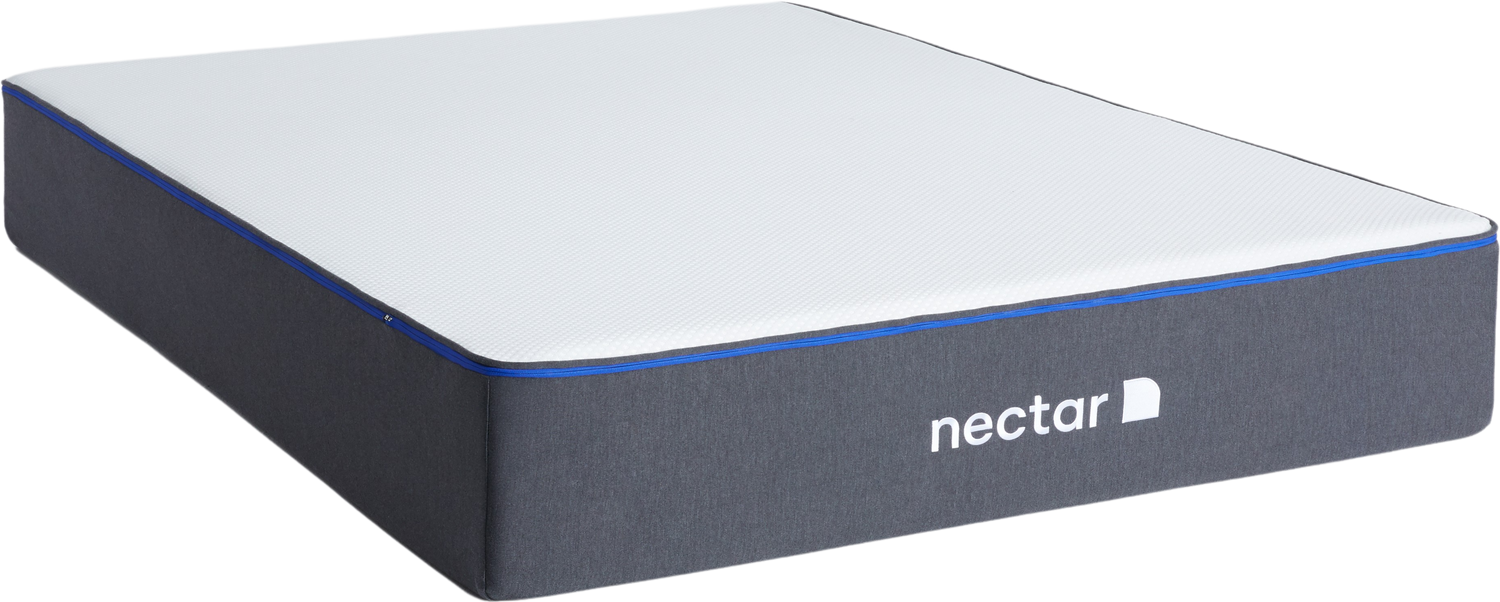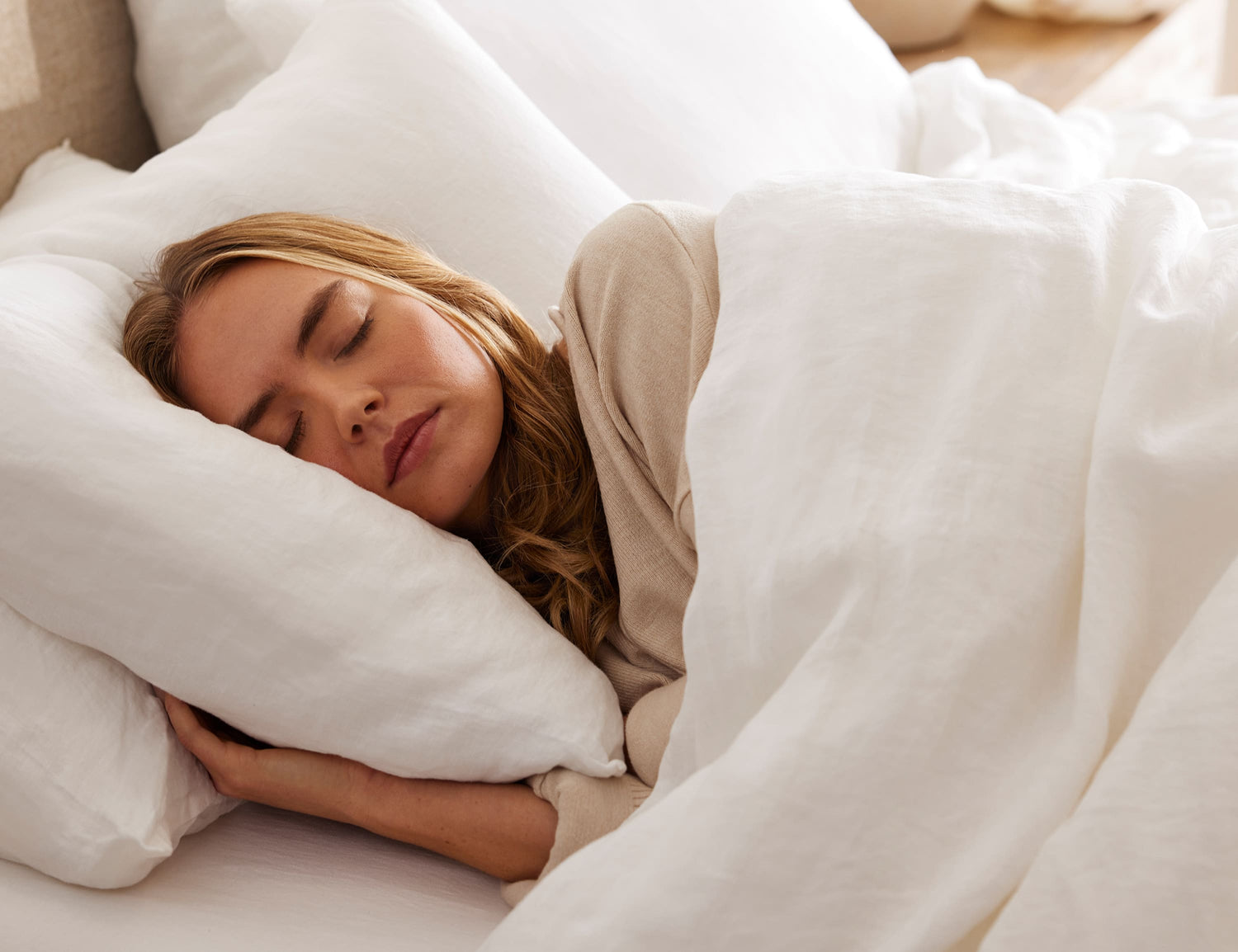The Role of Hormones
Menopause brings hormonal changes that can disrupt your body’s temperature regulation. Falling estrogen levels affect the hypothalamus — the part of the brain responsible for controlling your core temperature. This makes your body more sensitive to slight temperature changes, which can trigger those sudden heat surges we know as hot flashes.
Your Body Temperature Naturally Drops
At night, your body naturally cools down as part of its sleep cycle. Paradoxically, this temperature dip can make hot flashes feel stronger. Your body may overcompensate for the drop in temperature, sending sudden bursts of heat that can leave you sweaty and restless.
Bedding and Mattress Can Make a Difference
What you sleep on matters. Heavy duvets, non-breathable sheets, or a mattress that traps heat can intensify night sweats. Choosing bedding and a mattress that encourage airflow and wick away moisture can help reduce the impact of nighttime hot flashes. For example, mattresses with ventilated foams, gel-infused layers, or hybrid coils — especially those with MTick certification — are designed to help manage menopause-related sleep disruptions, keeping you cooler and more comfortable.
Lifestyle Factors at Night
Even simple habits can influence how severe your night-time hot flashes feel. Eating a large meal, drinking alcohol or caffeine late in the evening, or keeping your bedroom too warm can all exacerbate sweating. Cooling strategies like lightweight bedding, breathable pyjamas, and a fan can help you maintain a more comfortable sleep environment.
How to Sleep with Hot Flashes
While you can’t completely control hormonal shifts, small changes can make a big difference. Choosing the right mattress, adjusting your bedroom environment, and following a calming bedtime routine can all help reduce interruptions and help you get more restorative sleep. Cooler nights, fewer wake-ups, and mornings that feel refreshed — it’s absolutely possible with the right strategies.
This blog post is for informational purposes only and does not constitute medical advice. If you have concerns about your sleep, health, or wellbeing, please consult your GP or a qualified healthcare professional. The views expressed in this post are those of the author and are intended to share general insights, not to diagnose or treat any condition.




